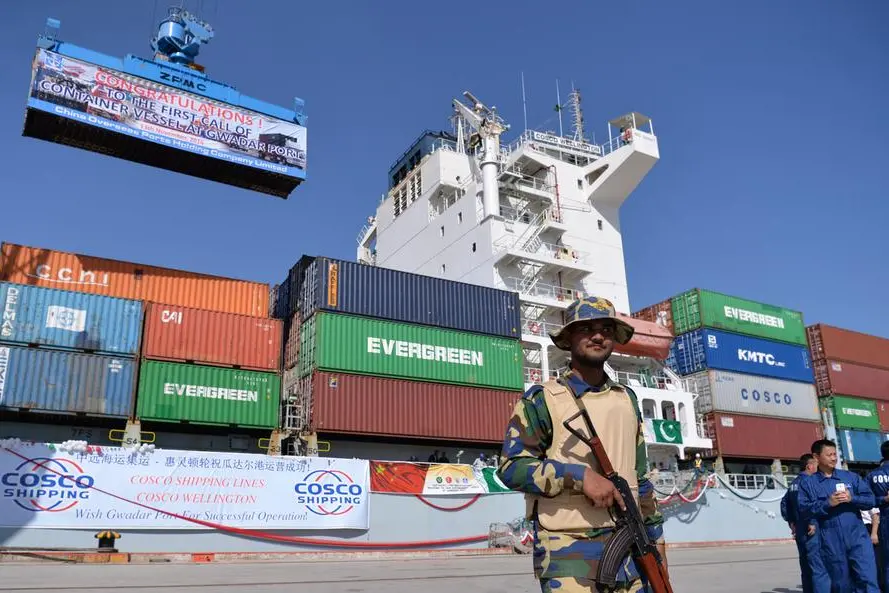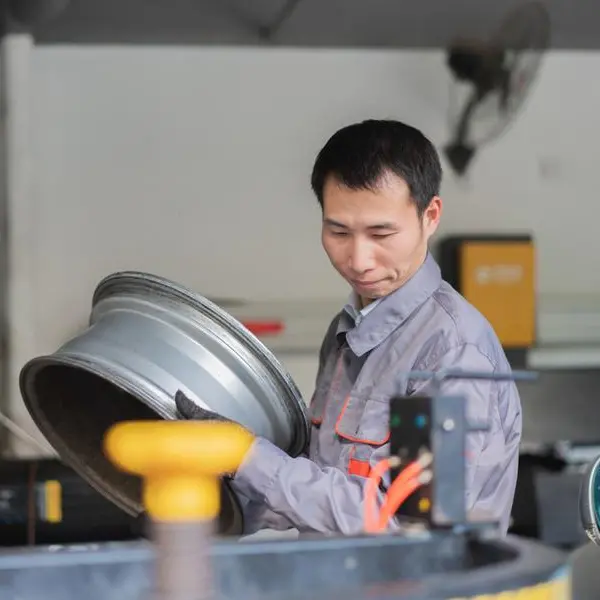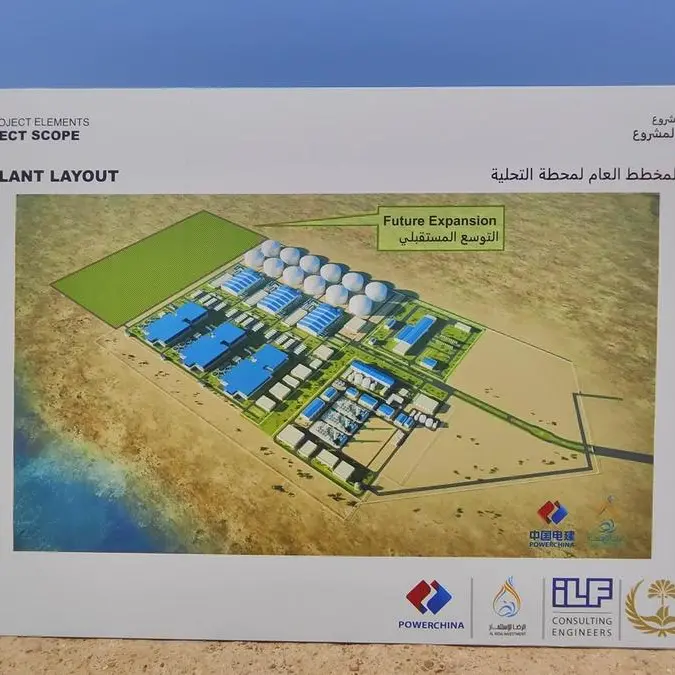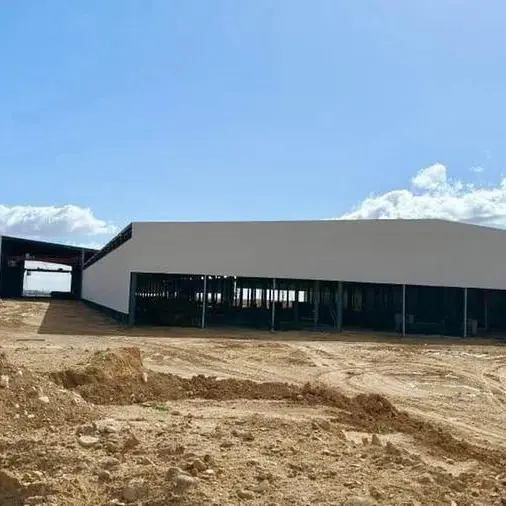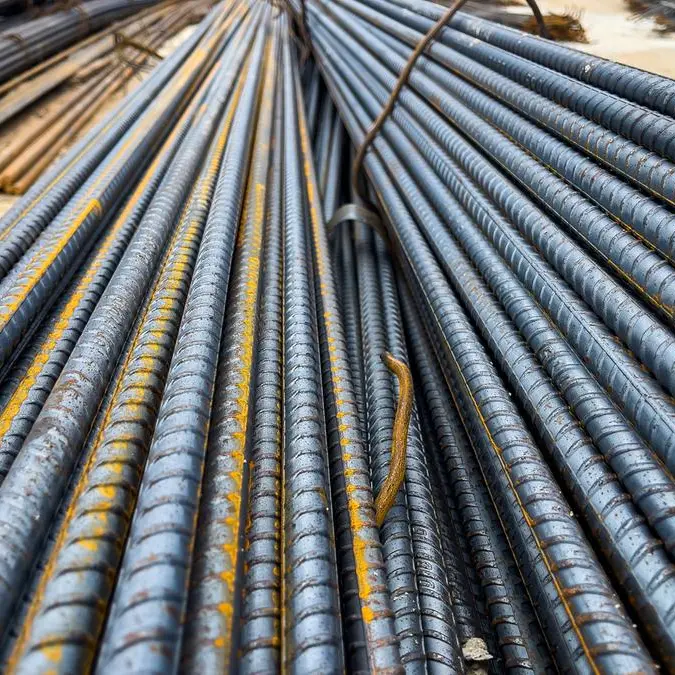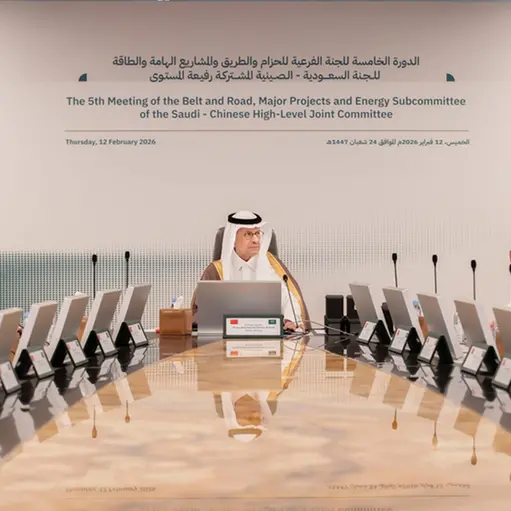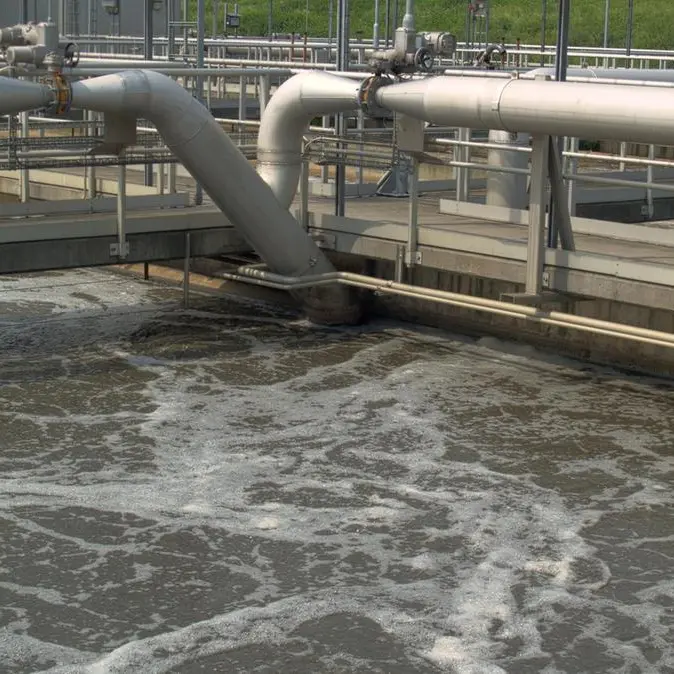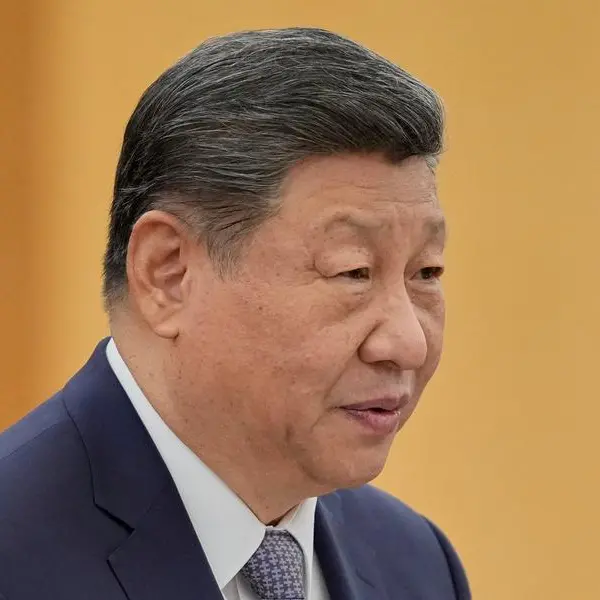PHOTO
China's landmark Belt and Road Initiative (BRI) has thousands of infrastructure projects in every corner of the globe, generating a staggering $2 trillion in contracts while courting international controversy.
Here AFP looks at five key projects:
- Laos: High-speed railway -
Laos took on huge loans from China to partially finance a $6 billion high-speed railway connecting it with the underdeveloped, landlocked nation.
The nearly 650-mile line linking the Chinese city of Kunming to the Laotian capital Vientiane opened in 2021 and has served tens of millions of passengers, Beijing says.
It is envisaged as the first string in a sprawling web of rail projects knitting China closer to other countries in Southeast Asia.
Both sides have touted the project as a public good, with Beijing saying it "bears friendship, happiness and opportunities".
Laos Prime Minister Sonexay Siphandone told the Chinese state-run Global Times on Sunday that the railway "benefits not only Laos but also neighbouring countries".
But critics have said debt-riddled Laos is unlikely to make much money from the project and will struggle to pay back China, its major creditor.
- Pakistan: Economic corridor -
Plans to develop an "economic corridor" linking China and Pakistan took on new impetus when they were absorbed into the BRI framework a decade ago.
The staunch allies have earmarked tens of billions of dollars for a range of transport and energy projects connecting western China with Pakistan's Gwadar Port.
The former chairman of the port's Chinese state-owned operator in July called the site "a blank sheet of paper, and we can draw the most beautiful painting on it".
But analysts at the MERICS think-tank have called the corridor "an ambitious gamble that heightens risks" for Pakistan's perenially distressed economy.
- Djibouti: Naval base -
China showered Djibouti with investment after bringing the small African nation into the BRI's orbit -- and a sprawling military base is the centrepiece.
The reportedly $590 million facility is Beijing's first permanent naval base outside China and is strategically placed between the Red Sea and Gulf of Aden.
Beijing has said the base is used to resupply navy ships, support regional peacekeeping and humanitarian operations and crack down on piracy.
But its proximity to a US military base has raised concerns of espionage and Chinese power projection around Africa, the Middle East and South Asia.
In response, Djibouti's President Ismail Omar Guelleh has slammed Washington's "fixation" with and "incessant" complaints about the base.
- Greece: Foothold in Europe -
China raised European eyebrows in 2016 when a state-owned shipping firm bought a majority stake in Greece's ailing Port of Piraeus.
Athens formally joined the BRI two years later, and the two countries envision the port as a major transit hub linking the Asian and European continents.
Beijing's official Xinhua news agency said in August that "investments from China have breathed new life into a... port that once hit development bottlenecks".
Opponents say the project aims to use Beijing's economic leverage to enhance its influence over a debt-distressed European Union member.
China denies seeking malign influence over other countries through the BRI.
- Italy: Poised to pull out? -
Italy shocked Western allies in 2019 by declaring its participation in the BRI during a state visit from Xi Jinping.
The announcement made Rome the first member of the Group of Seven advanced economies to sign up for the Chinese President's flagship project.
The countries signed a series of commercial deals but they did little to staunch a yawning trade deficit or assuage concerns of Beijing's undue influence.
Italy now appears to be mulling a withdrawal from the scheme, with the initial memorandum of understanding due to lapse in March next year.
Prime Minister Giorgia Meloni said last month that Rome was "yet to make a decision" on a prospective pullout.
But Foreign Minister Antonio Tajani has been less equivocal, saying that the BRI "has not produced the results we were hoping for".
